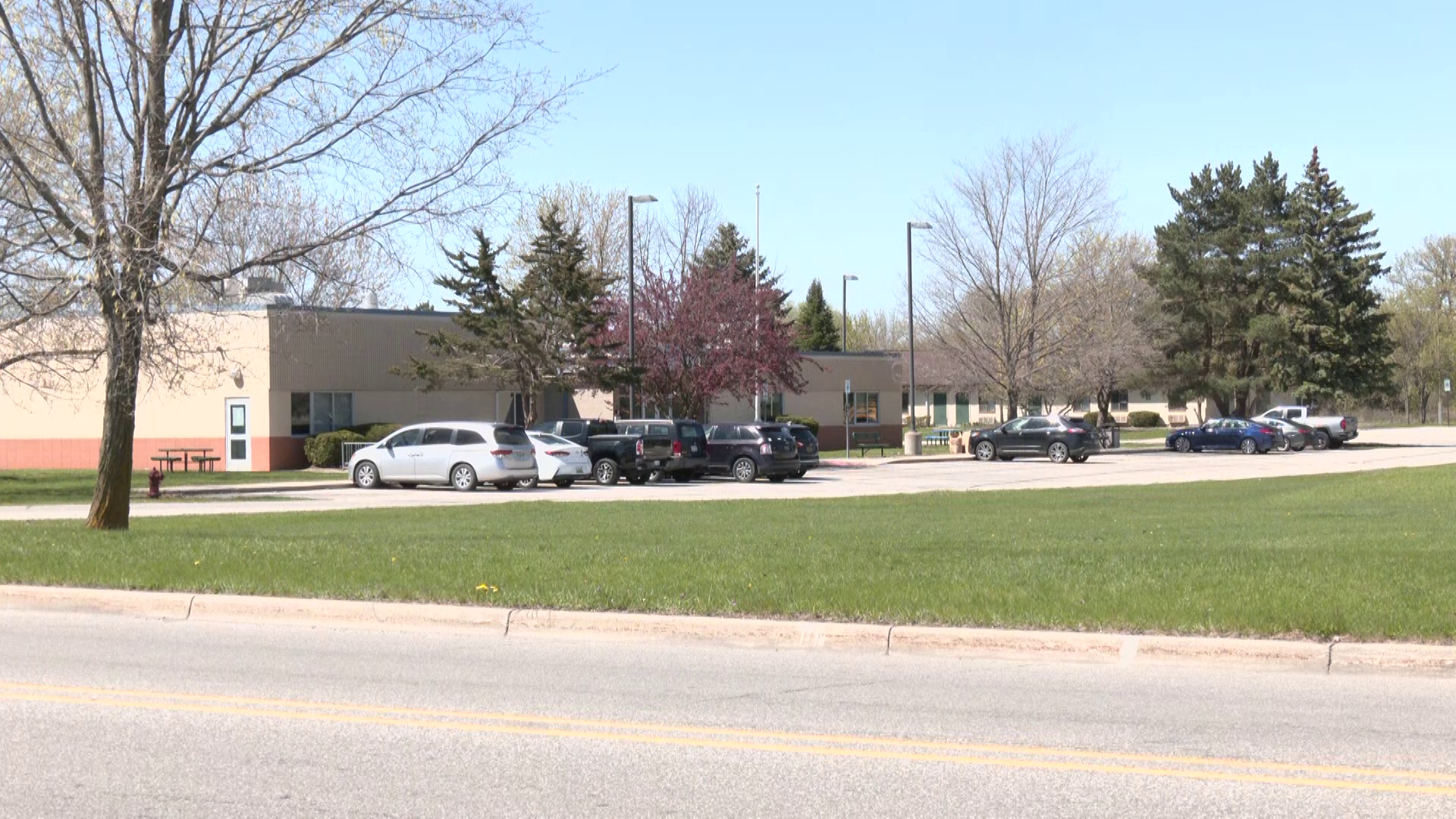Medical marijuana is a way of life for some.
In this special series, we’re taking a closer look at an industry poised for big changes.
Right now, new laws are being crafted to place never before seen regulations on the medical marijuana industry.
But before we look at those, we want to look at what’s happened since 2008 by talking to the people who use it and discuss legal problems that have arisen.
9&10’s David Lyden takes us through the state of medical marijuana in Michigan in part one of this special report.
Voters approved medical marijuana back in 2008 and it changed the lives of the two people you’re about to meet, but a range of problems also popped up.
“I suffered from several back issues, nerve issues, and ended up having back surgery,” says Sandee Waldo. “I had the surgery, I became dependent on the pain medication, so I started looking into the medical marijuana.
Sandee says when she started taking medical marijuana her life changed for the better.
“I found that it was much more effective. I can control my dosage, I was still functional when I wasn’t functional on my pain meds, so it’s been really effective and beneficial for me,” explains Sandee. “I can control my dosage with the pills. I had to take 3-4 a day without fail or I suffered and the medical marijuana seems to last longer, which means I need less.”
We also met another patient, who we’ll call Kersten Perkins, who asked us to conceal her real identify. She uses it for migraines and told us even though medical marijuana is legal, a stigma still surrounds using it.
“I was nervous about doing it. I didn’t want to be labeled,” says Kersten. “It wasn’t that I was seeking to go out and get drugs, I wasn’t looking for a good time. I had been trying these medications for 10+ years and they weren’t working and it hurt.”
Both say the difference medical marijuana has made for them is unquestionable.
“I was able to lessen the pain that I was feeling without getting any additional pain because of it, and I was also able to function,” explains Kersten.
Sandee says, “Probably still addicted to my pain pills and that didn’t make me a very nice person, it didn’t help my ailments, I couldn’t function, I couldn’t drive. I don’t have that problem with medical marijuana.”
Back in 2008 when voters gave the green light to medical marijuana, the law that was rolled out said that one provider could have five patients and 12 plants per patient. Everything had to be licensed with the state.
Wexford County prosecutor Jason Elmore says problems quickly popped up. Perhaps the biggest being the lack of oversight we see with other medication.
“When we purchase some of these medical marijuana products there’s no way to know how potent is that product, exactly what is in that product, how often do I use this particular product, how long do I have to wait before I can operate a vehicle, do I have to go back to the doctor routinely after 30 days of use to get another checkup,” says Elmore.
He says what voters envisioned and what actually played out is totally different.
“We saw a rush of people setting up their dispensaries and shared locations where they could exchange the product and so forth, and a lot of those shut down. There’s a lot of cramp down on those, in part, because of uncertainty,” explains Elmore. “Some people are choosing to act outside of those guidelines and that’s where a prosecutor must step in.”
The law has been amended several times and Crawford County prosecutor Sierra Koch says the rough patches are far from being ironed out with new laws on the way.
“They changed it to allow the edibles, and now the new law comes into effect in December of 2017,” says Koch. “The 2008, the way it was written wasn’t working and I think this expanded on it, because they have all these dispensary and all the counties are handling them different, they sort of opened them up so there would be a little bit more equality.”
While these new laws get written, patients like Sandee and Kersten hope for continued progress.
“I don’t want people to look at me and say ‘oh, she’s a stoner’ because I happen to have to take medical marijuana, but I chose to take that because of how other medicine makes me feel,” explains Kersten.
Sandee says, “You’re almost afraid to share with people and be open and honest about the fact that you do use medical marijuana and that you have a card state approved, because you know the stigma that comes with it and you don’t want to be seen as a drug addict, or a pot head, or hippie.”
Thursday in part two we’ll dive into specifics of this new law and what we could see here in Northern Michigan.
© 2023 - 910 Media Group


